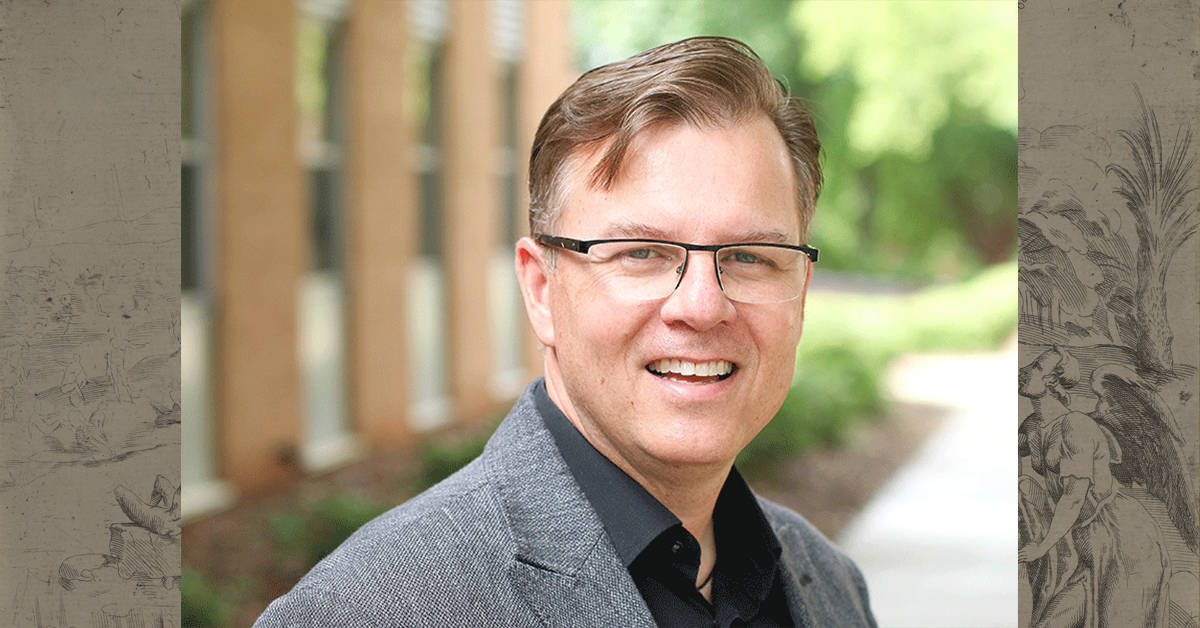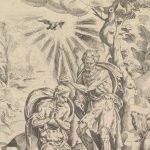
The sixteenth-century was significant for many reasons, not least the events of the Reformation. However, this period is not usually considered important for Christian mission. The essays in Sixteenth-Century Mission seek to reveal this as a misunderstanding. In this interview, we speak with one of the editors, Ed Smither.
Lexham Press: Who is the ideal reader for this book?
Ed Smither: Professors teaching church and mission history and upper level undergraduates and graduate students in church and mission history.
LP: What is the contribution that you seek to make with Sixteenth-Century Mission?
Smither: To show that Christian mission was important to sixteenth-century Christians, including Protestant Reformers as well as Roman Catholic church leaders. To set the record straight that the Protestant Reformers did not care about Christian mission.
LP: What are some common but false assumptions about the practice and theology of mission during this period?
Smither: That the Magisterial Reformers believed that the Great Commission (Matt 28:18-20) had been only given to the original Twelve Apostles and that it was no longer relevant for the church.
LP: What are some surprising findings from these essays?
Smither: It is heartening to see Bartolome de las Casas’ advocacy for the ill treatment of indigenous American peoples. He also labored on behalf of trafficked African slaves who also needed Christian advocates and defenders.
LP: What benefits come from studying the history of Christian mission (16th century or otherwise)?
Smither: When we study, for example, sixteenth-century Jesuit mission to China, we are stimulated with some courageous attempts at contextualizing the gospel and also creative professional connections (i.e. Matteo Ricci was an astronomer-cartographer-clock repairman-evangelist). There is much to challenge us about mission strategy and practice. I would add that studying such courage and innovation in this period makes us wise and humble.







